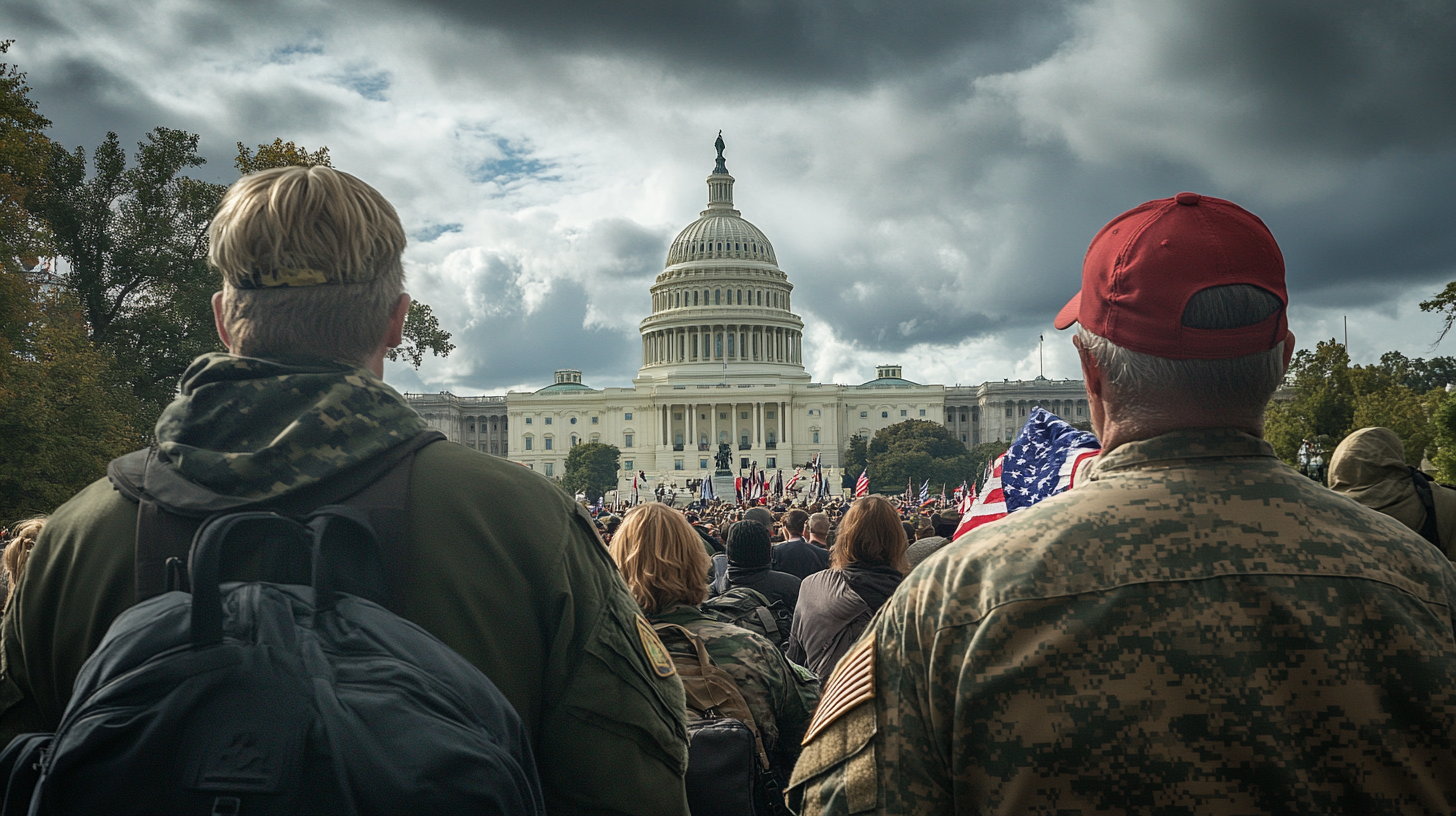Military Leaders Alarmed by ‘Woke’ Officer List amid Hegseth Controversy
As new leadership prepares to take the reins at the Pentagon, military leaders express significant concerns over a list of senior officers labeled as “woke” by a conservative group. The American Accountability Foundation is urging Pete Hegseth to dismiss these officers, should he be confirmed as Secretary of Defense. This development has rattled the armed forces, raising questions about the impact on military morale and operational focus.
Background: Diverse Leadership Targeted
The list targets 20 general officers or senior admirals, of which a substantial portion are female, who have publicly supported diversity, equity, and inclusion (DEI) initiatives. The American Accountability Foundation’s leader, Tom Jones, argues these officers are overly enthusiastic advocates of DEI, dubbing their support “problematic” for military cohesion.
Pete Hegseth, nominated by President-elect Donald Trump for defense secretary, is known for his stance against diversity programs in the armed forces. His potential leadership has sparked controversy due to allegations of excessive drinking and sexual assault, compounded by his expressed skepticism regarding women’s roles in combat. This nomination embodies the broader conservative attempt to eradicate perceived liberal influences within federal institutions, mirroring the Heritage Foundation’s Project 2025 objectives.
Community Impact: Strains on Military Cohesion
For the local communities in areas with military installations, such divisions within leadership could have tangible repercussions. Former Defense Secretary Chuck Hagel emphasized that targeting officers based on their support for inclusivity could harm morale, leading soldiers to focus on individual survival rather than collective mission objectives. This concern resonates deeply with families and residents who rely on a cohesive, effectively functioning military presence.
An anonymous defense official highlighted the difficulty this list presents, noting service members already face challenges balancing duty with complex socio-political dynamics. By aligning military leadership with anti-diversity positions, there’s a risk of alienating soldiers and officers committed to a more inclusive vision of the armed forces.
Local Perspectives on Military Inclusivity
Rio Grande Valley residents, many of whom are part of or support the military community, may find this debate particularly pertinent. Victor Ramirez, a veteran and local business owner, voiced his concerns about the potential dismissals. “Our military is strongest when it reflects the diversity of the nation. These lists threaten to undermine years of progress, making our service members feel less valued,” he shared.
Conversely, some community members resonate with the push for traditional military values, wary of changes that could alter unit cohesion. Miguel Castro, a former Marine Corps member, stated, “The focus should always be on combat readiness. While diversity is important, it shouldn’t overshadow mission-critical priorities.”
Connections to Broader Themes
The situation is not isolated; it connects to past administrations’ efforts to balance modern inclusivity with traditional military effectiveness. Under previous administrations, initiatives aimed at broadening the racial and gender representation of military leadership were implemented, facing varying degrees of resistance.
In a broader sense, the current discord illustrates national tensions, where efforts to align federal institutions with specific political ideologies can create fractures within essential government sectors. The local impact of these decisions reflects nationwide debates on the role of diversity within vital public institutions, from the military to education.
Future Implications for the Community
Should Hegseth’s confirmation proceed, and the list’s recommendations be enacted, the potential ripple effects are significant. Community leaders and military families in regions like the RGV must brace for shifts in military policies that could affect local military personnel dynamics and broader socioeconomic factors tied to military presence. Engagement in local discussions about these changes is critical, ensuring all voices are heard and needs addressed.
As the Pentagon grapples with these evolving challenges, the overarching question remains: how to preserve military effectiveness while accommodating evolving societal norms. The story continues to develop, emphasizing the intersection of local impact and national policy decisions in shaping the future of America’s armed forces.
For those seeking more information or wishing to express their views on this issue, local veteran services and community organizations plan to host open forums in the coming weeks. Residents are encouraged to participate, fostering dialogue that supports informed public discourse on this crucial matter.







